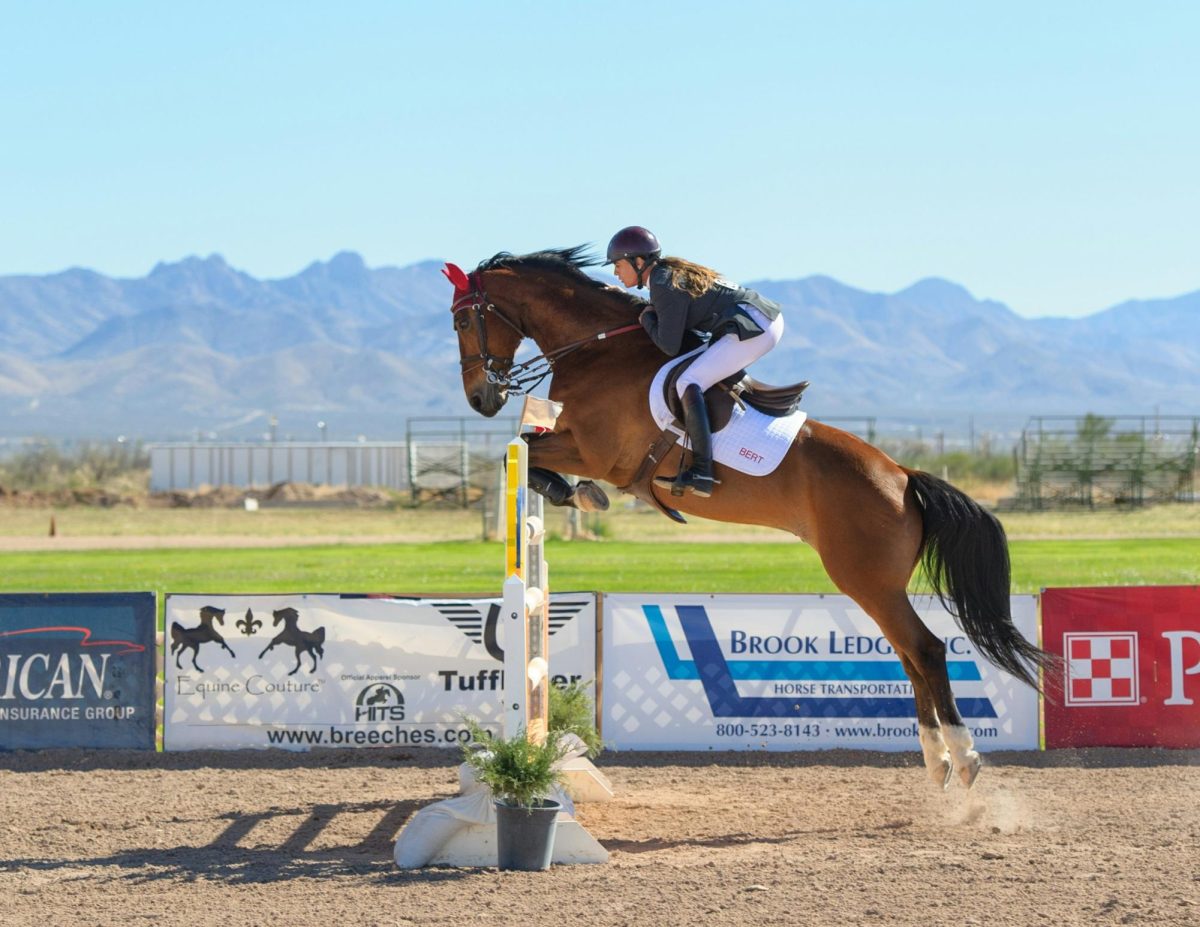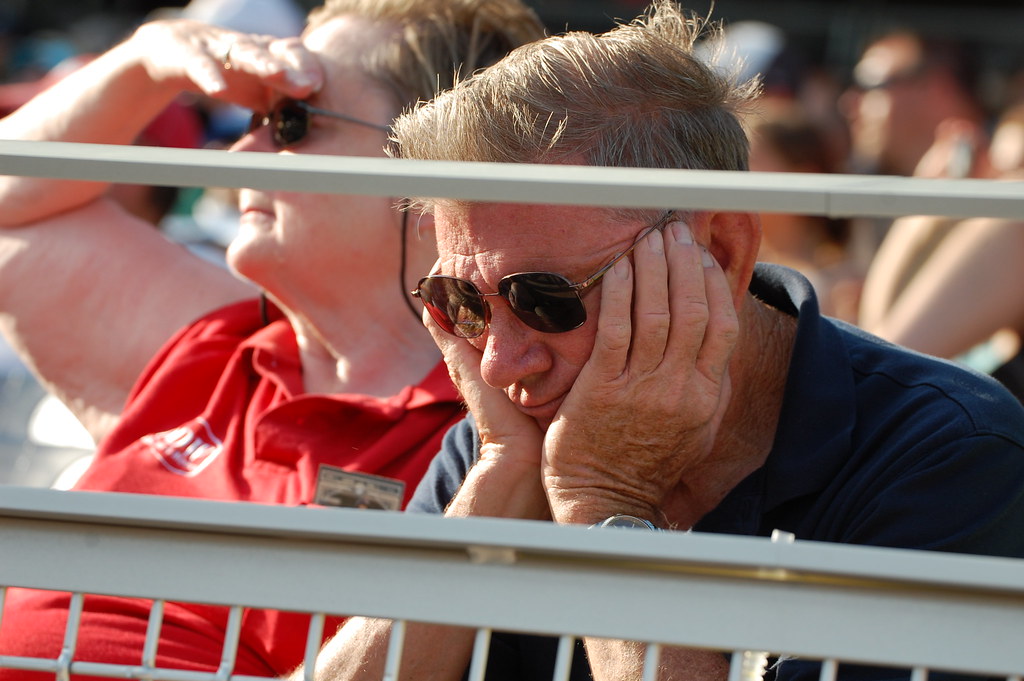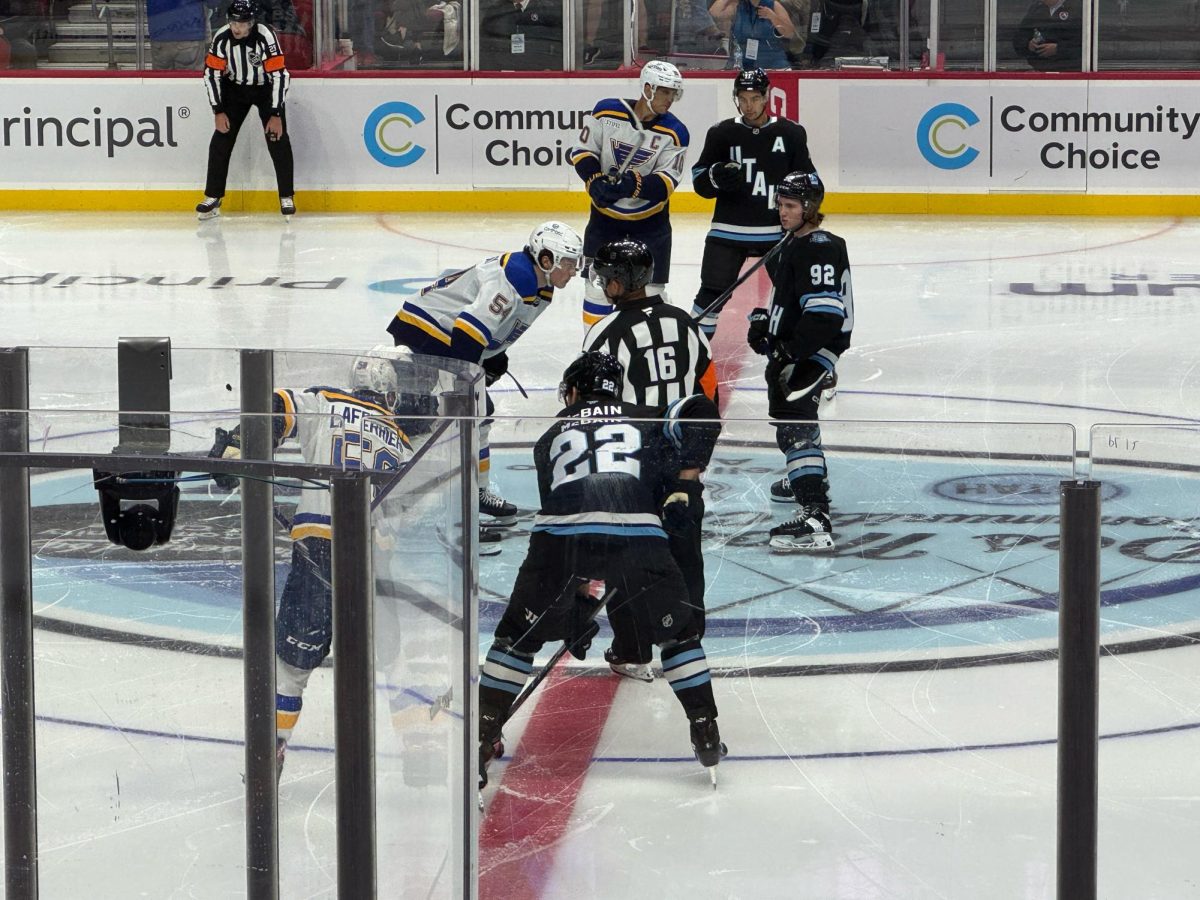Equestrian riding, a term referring to a broad range of horse-riding events with roots dating back thousands of years, has transformed from a practical means of transportation to a universally celebrated athletic activity.
While sports involving horseback riding originated in the seventh century B.C.E., the disciplines most commonly practiced today started to develop during the Renaissance, according to Encyclopedia Britannica.
The Olympics identify three equestrian disciplines: show jumping, where the horse and its rider jump over as few obstacles as possible in as short a time as possible; dressage, where the rider and horse perform a sequence of rehearsed maneuvers to music; and eventing, which combines the two disciplines with cross country, involving long courses with natural obstacles in a triathlon-like competition.
Show jumping, dressage and eventing are all known as English disciplines. Additionally, there are many other English disciplines. Hunter, for example, has two main divisions as well as a rarer third division known as equitation.
Junior Sabrina Lunanuova of Middletown competes primarily in hunter and equitation.
“In hunter, you’re judged based on the horse, and in equitation, you’re judged based on the rider,” Lunanuova explained.
Outside of the English disciplines, there are also many popular Western disciplines of horseback riding, including barrel racing and rodeos.
Equestrian riding requires several essential pieces of equipment, including a saddle, bridle, safety gear and proper riding attire. Aspiring riders should be aware that the sport can be expensive. The initial investment includes lessons, gear and the cost of boarding a horse, which can range from $200 to $2,000. Unfortunately for equestrians, the activities’ expenses are never-ending.
Lunanuova says that the successive monthly payments are also costly, even with her half-lease of the horse and discount. She explains that where she trains, a half-lease of a horse and a single lesson costs over $400 per month.
“It’s so expensive, it’s ridiculous. I would not recommend it,” Lunanuova said. “I don’t regret it, but it’s very expensive.”
Junior Margarita Belova of Marlboro also took lessons in English showing.
She explains that her childhood friend suggested the activity, and Belova agreed because it had always been of interest to her.
“It is definitely a lot of work and a very slow process because you have to really nail something to be able to move on to learning the next thing,” Belova said. “But when you can, it is the most rewarding thing ever.”










